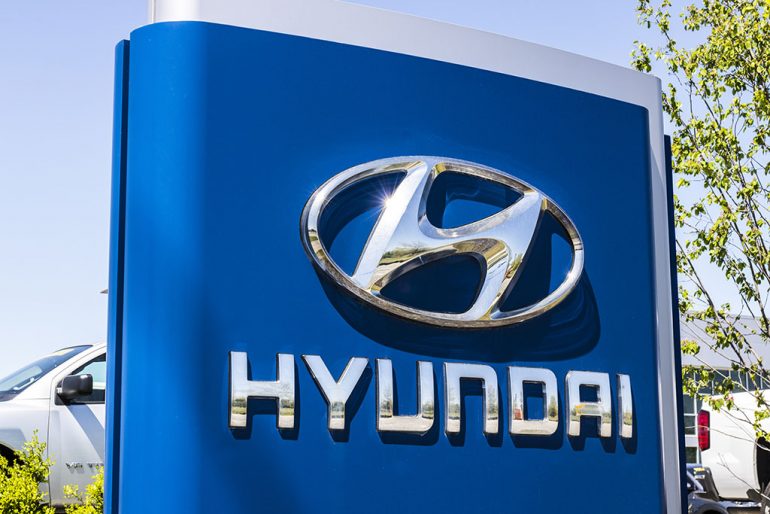
Hyundai and Kia are currently facing a legal challenge in the United States as 17 cities have filed lawsuits against them. These legal actions stem from allegations that the companies failed to incorporate anti-theft technology in their vehicles, a critical issue considering the surge in car thefts utilizing a method popularized on platforms like TikTok and other social media channels.
The cities that are taking legal action against Hyundai and Kia include major metropolitan areas such as New York, Cleveland, San Diego, Milwaukee, Columbus, and Seattle. The automakers, which are under the same corporate umbrella, responded to these lawsuits by urging a U.S. judge to dismiss them. In their court filing, Hyundai and Kia argued that they should not be held responsible for the thefts, attributing them to an “unprecedented criminal social-media phenomenon.”
Their defense further pointed out that the lax policing and prosecution policies of these cities, along with budgetary decisions that diverted resources away from auto theft prevention and disruption, were more pertinent factors than the absence of anti-theft immobilizers in their vehicles.
Earlier this year, Hyundai and Kia announced their intention to provide software upgrades to approximately 8.3 million vehicles in the United States as a measure to combat these thefts. The method for stealing these vehicles, disseminated through TikTok and other social media platforms, has led to a surge in car thefts, resulting in at least 14 reported crashes and eight fatalities involving these automakers’ vehicles, as reported by the National Highway Traffic Safety Administration (NHTSA) in February.
An alarming statistic highlighted by the Insurance Institute for Highway Safety’s (IIHS) Highway Loss Data Institute revealed that while immobilizers were standard in 96% of U.S. vehicles by 2015, they were present in only 26% of 2015 model year Hyundai and Kia vehicles. It’s important to note that NHTSA does not mandate the inclusion of immobilizers in vehicles, unlike certain other countries.
In many U.S. cities, data from law enforcement agencies and state officials indicate that Hyundai and Kia vehicles make up a significant portion of stolen cars. This issue is exacerbated by the fact that many of these vehicles lack electronic immobilizers, which serve as a deterrent to break-ins and ignition bypassing.
In May, the automakers reached a tentative settlement worth $200 million in a consumer class-action lawsuit related to the rampant car thefts involving their vehicles. While an initial approval of the settlement was rejected by a judge, the companies are set to address these concerns later this month.
Fundamentally, Hyundai and Kia are facing legal challenges in the United States over allegations of failing to equip their vehicles with anti-theft technology, which has become particularly relevant due to the rise in car thefts driven by social media trends. The outcome of these lawsuits will likely have significant implications for the automotive industry’s approach to vehicle security and the role of manufacturers in addressing emerging criminal methods.
Source: Reuters

Lloyd Tobias is a seasoned automotive journalist and passionate enthusiast with over 15 years of experience immersed in the world of cars. Whether it’s exploring the latest advancements in automotive technology or keeping a close pulse on breaking industry news, Lloyd brings a sharp perspective and a deep appreciation for all things automotive. His writing blends technical insight with real-world enthusiasm, making his contributions both informative and engaging for readers who share his love for the drive. When he’s not behind the keyboard or under the hood, Lloyd enjoys test driving the newest models and staying ahead of the curve in an ever-evolving automotive landscape.